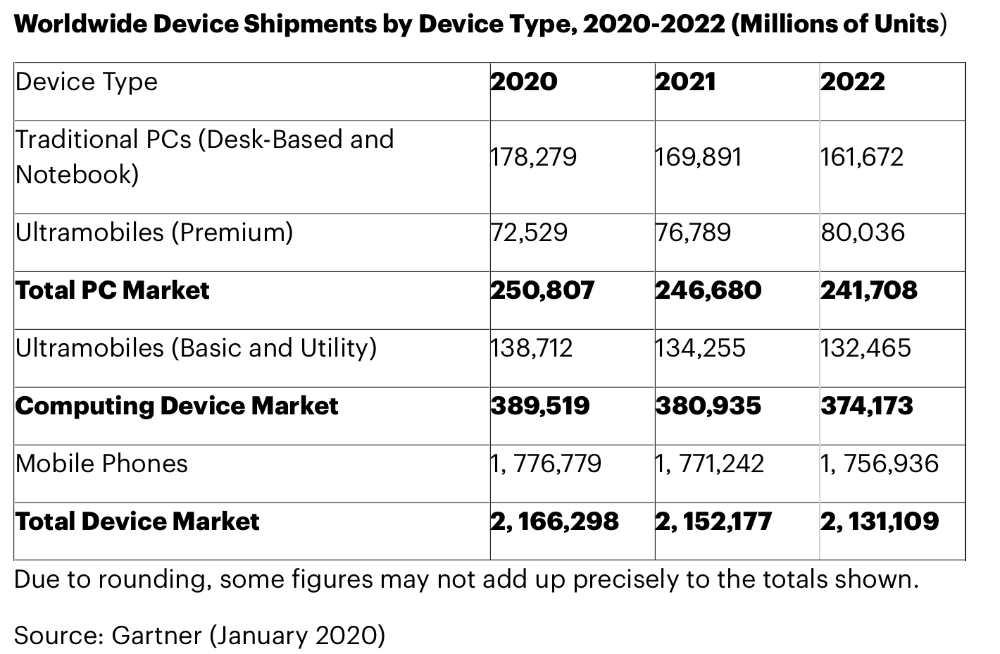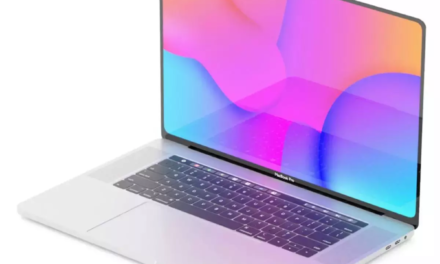Personal computers [PCs], tablets and mobile phones — will total 2.16 billion units in 2020, an increase of 0.9% from 2019, according to Gartner, Inc. In 2019, global shipments of devices totaled 2.15 billion units.
“2020 will witness a slight market recovery,” said Ranjit Atwal, research senior director at Gartner. “Increased availability of 5G handsets will boost mobile phone replacements, which will lead global device shipments to return to growth in 2020.”
The worldwide mobile phone market is on course to grow by 1.7% in 2020. Shipments of smartphones were weak in 2019, recording a 2% decline year over year, but are expected to grow in 2020, particularly in Greater China and emerging markets in Asia/Pacific.
Gartner estimates that 5G models will account for 12% of mobile phone shipments in 2020, and that will reach 43% by 2022.
“From 2020, Gartner expects an increase in 5G phone adoption as prices decrease, 5G service coverage increases and users have better experiences with 5G phones. The market will experience a further increase in 2023, when 5G handsets will account for over 50% of the mobile phones shipped,” said Atwal.
Even after experiencing a return to growth in 2019, PC shipments are still forecast to decline in 2020 and beyond. Through 2020, this market will be affected by the end of the migration to Windows 10.
After three years of growth in the professional PC market, replacement levels will decrease. However, there will be opportunities for professional PC replacements through 2020. The Chinese government launched the locally manufactured “secure and reliable PC” initiative, which stalled in 2019, but such initiatives should gain momentum in 2020.
In addition, there is a “long tail” of upgrades from small and midsize businesses across emerging regions as they react to Microsoft’s withdrawal of support for Windows 7 on 14 January 2020. Gartner estimates that one billion PCs will have migrated to Windows 10 through 2020 — around 80% of all PCs in use.
“The PC market’s future is unpredictable because there will not be a Windows 11. Instead, Windows 10 will be upgraded systematically through regular updates,” said Atwal “As a result, peaks in PC hardware upgrade cycles driven by an entire Windows OS upgrade will end.”






